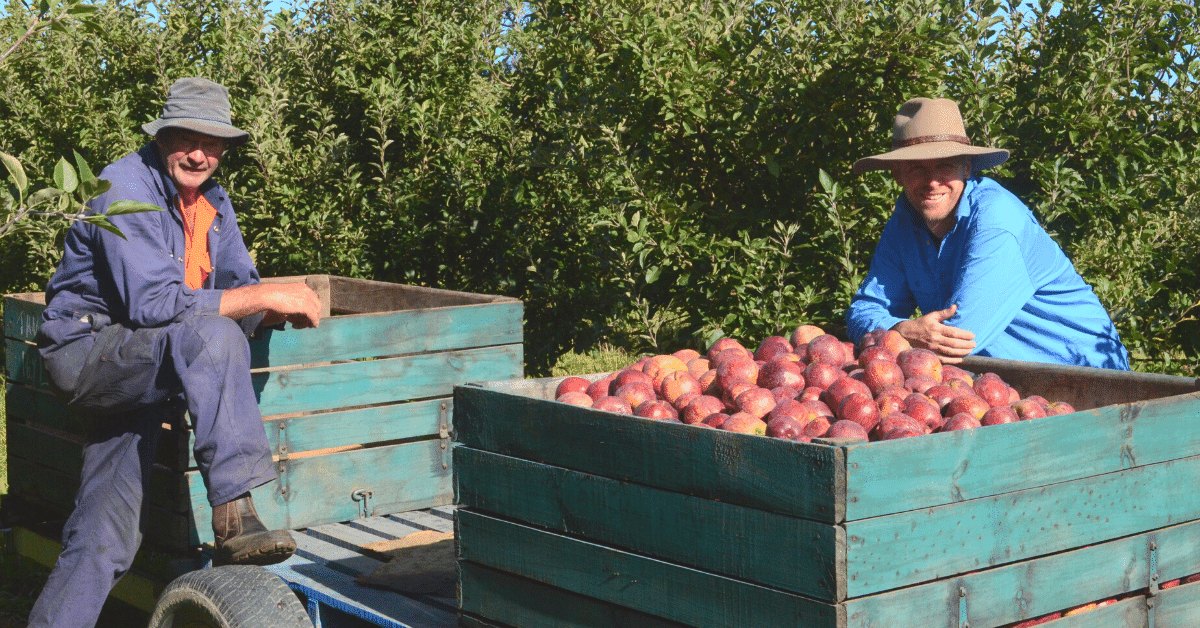Natura Pacific | A Vision for the Future
Messines Farm, one of many in the Granite Belt dedicated to sustainable farming, is in the midst of a big transition. Like farms in the Certified Naturally Farmed network, we’re making some bold moves – stepping away from conventional orchard practices to adopt a regenerative model that supports long-term sustainability. It’s a shift focused on tackling real challenges, such as improving soil health, increasing biodiversity, and reducing carbon emissions.
Traditionally, orchards in our region have relied heavily on intensive practices, but Messines Farm is experimenting with methods that enhance natural resilience. For instance, we’re working on integrating cover cropping to restore soil structure, composting systems that support microbial life, and setting up pollinator-friendly zones to boost biodiversity. We’re even rethinking pest management, using natural methods to help maintain balance without relying on synthetic inputs. This approach is about using nature to support nature, making the land work for itself and keeping it healthier for the long run.
Our goal at Messines Farm is to show that regenerative practices aren’t just viable – they’re the way forward. With research-backed techniques and a focus on measurable outcomes, Messines Farm is part of a growing movement in the Granite Belt to demonstrate that farms can be both productive and regenerative. This shift is essential for a stronger, more resilient farming community in our region, one that values the health of the ecosystem as much as the quality of its produce.
We’re excited to share this journey with our communnity and those interested in sustainable agriculture. In 2025, we’ll be launching a four-part documentary series, Messy: Regenerative Agriculture, which will dive into every step of our transition and the science behind it. Head to our website to sign up for updates on the release and premiere events happening in your region – we can’t wait to bring you along for the ride as we redefine what it means to farm naturally and create lasting change in the Granite Belt!
Join the Farm-ily today at www.messinesfarm.com.au.

